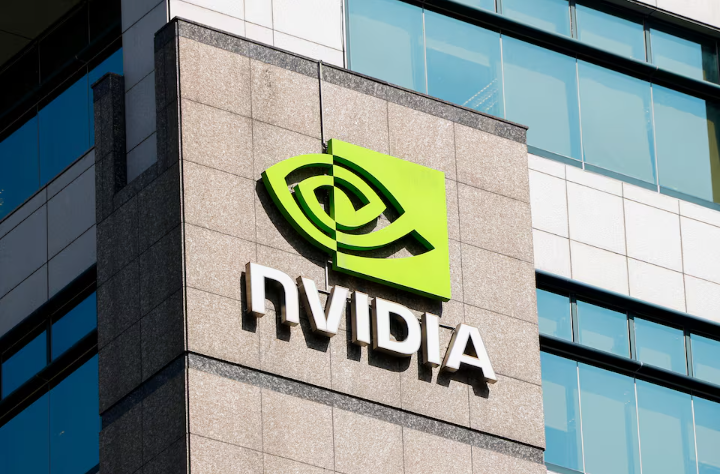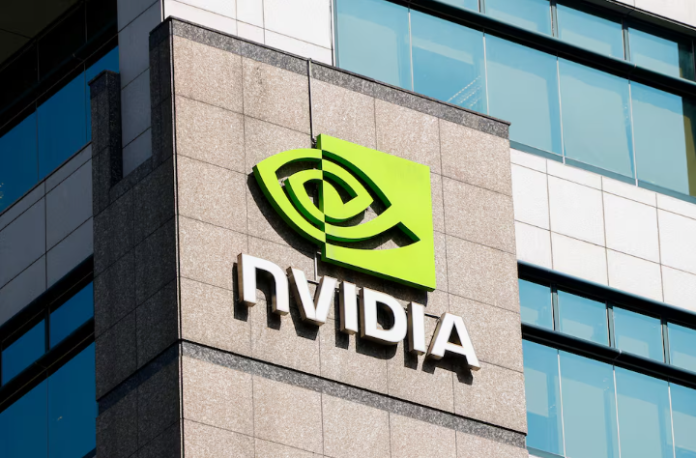In a surprising move that could reshape the semiconductor industry’s dynamics in China, Nvidia reportedly failed to alert some of its biggest Chinese clients about new U.S. export restrictions—despite knowing about them a week in advance.
According to insider sources, the U.S. government informed Nvidia on April 9 that its China-specific AI chip, the H20, would now require a special license to be sold in the country. However, Nvidia only made this announcement public on April 16, leaving major customers—including some of China’s top tech companies—in the dark.
The sudden clampdown on the H20 chip marks another step in Washington’s ongoing campaign to restrict China’s access to advanced technologies, especially those related to artificial intelligence. While Nvidia has remained silent about the delay in communication, analysts say the repercussions could be massive—not just for the company, but for the global AI landscape.
Several major Chinese cloud service providers were still expecting to receive H20 shipments by the end of 2025. According to two sources close to the situation, even Nvidia’s own China sales team wasn’t briefed until the public announcement was made. This has sparked confusion and frustration among Nvidia’s Chinese clients.
Why is this a big deal? The H20 chip is Nvidia’s primary AI chip approved for sale in China. After previous U.S. restrictions in 2022 and 2023 blocked the export of its more advanced chips, the H20 was seen as Nvidia’s bridge to maintain its market presence in China.
But that bridge may be crumbling.
Before the new rules hit, Nvidia had already secured $18 billion in H20 orders for the year. China alone brought in $17 billion in revenue for the company last fiscal year—accounting for 13% of Nvidia’s total global sales.
Following the announcement, Nvidia’s shares took a nosedive, falling by 6% in after-hours trading. The company also revealed it expects to take a hit of up to $5.5 billion in the first quarter ending April 27. These losses are tied to excess inventory, purchase commitments, and reserve funds linked to the now-restricted H20 chips.

Meanwhile, Chinese tech heavyweights like Alibaba, ByteDance (owner of TikTok), and Tencent had all ramped up orders for the H20 earlier this year, amid growing demand for affordable AI models. However, these firms are now left scrambling, as Nvidia’s supply suddenly dries up.
Interestingly, the biggest winner in all this might be Huawei. As Nvidia’s grip on the Chinese market weakens, Huawei and other local chipmakers are stepping in to fill the void. Experts believe the restrictions could give Huawei a significant boost in both customers and technological advancement.
“By restricting H20 sales, U.S. regulators are essentially giving Huawei a fast track to dominate China’s AI chip space,” said Nori Chiou, Investment Director at White Oak Capital Partners. “Huawei’s capabilities will only grow stronger as it gains more clients and development experience.”
While the geopolitical tug-of-war continues, one thing is clear: the landscape of AI innovation and semiconductor sales in China is rapidly shifting—and Nvidia may no longer hold the cards.



